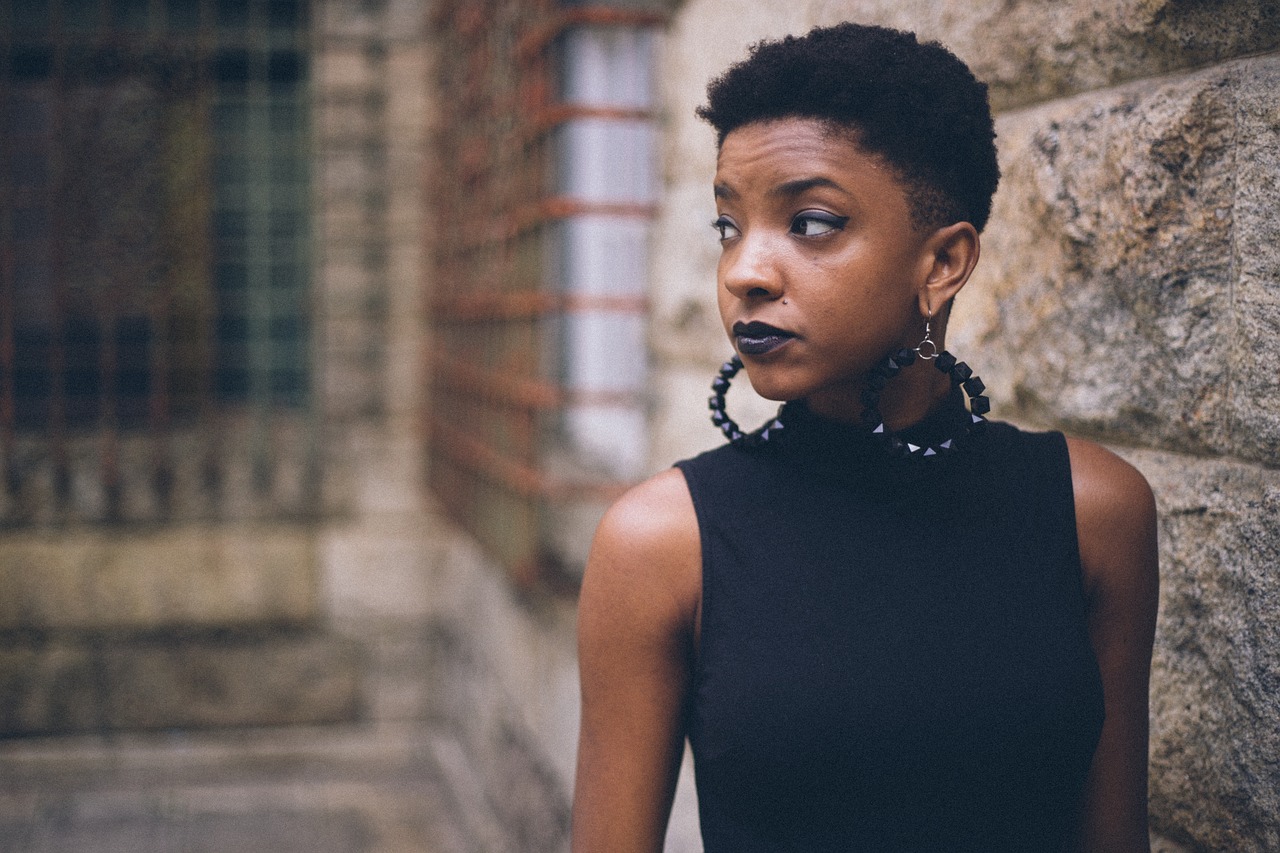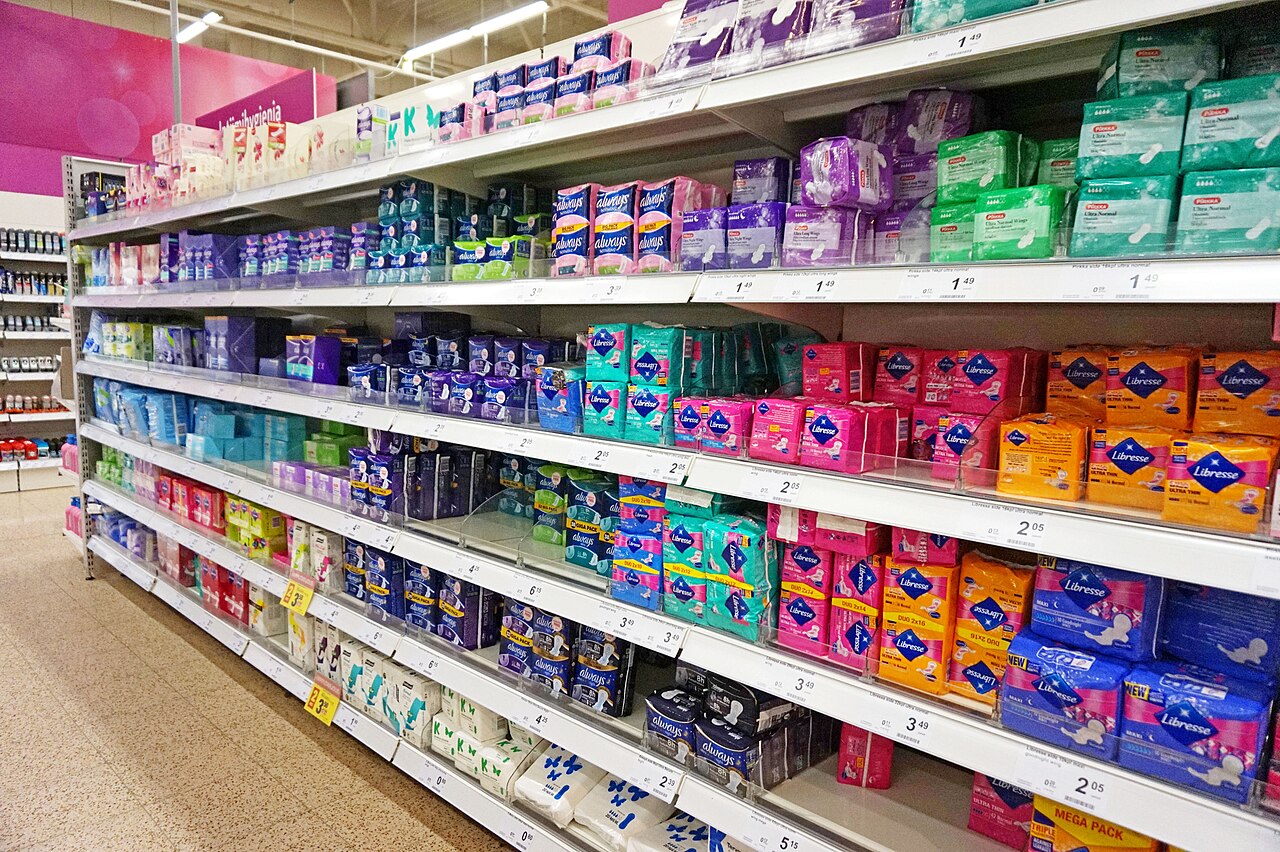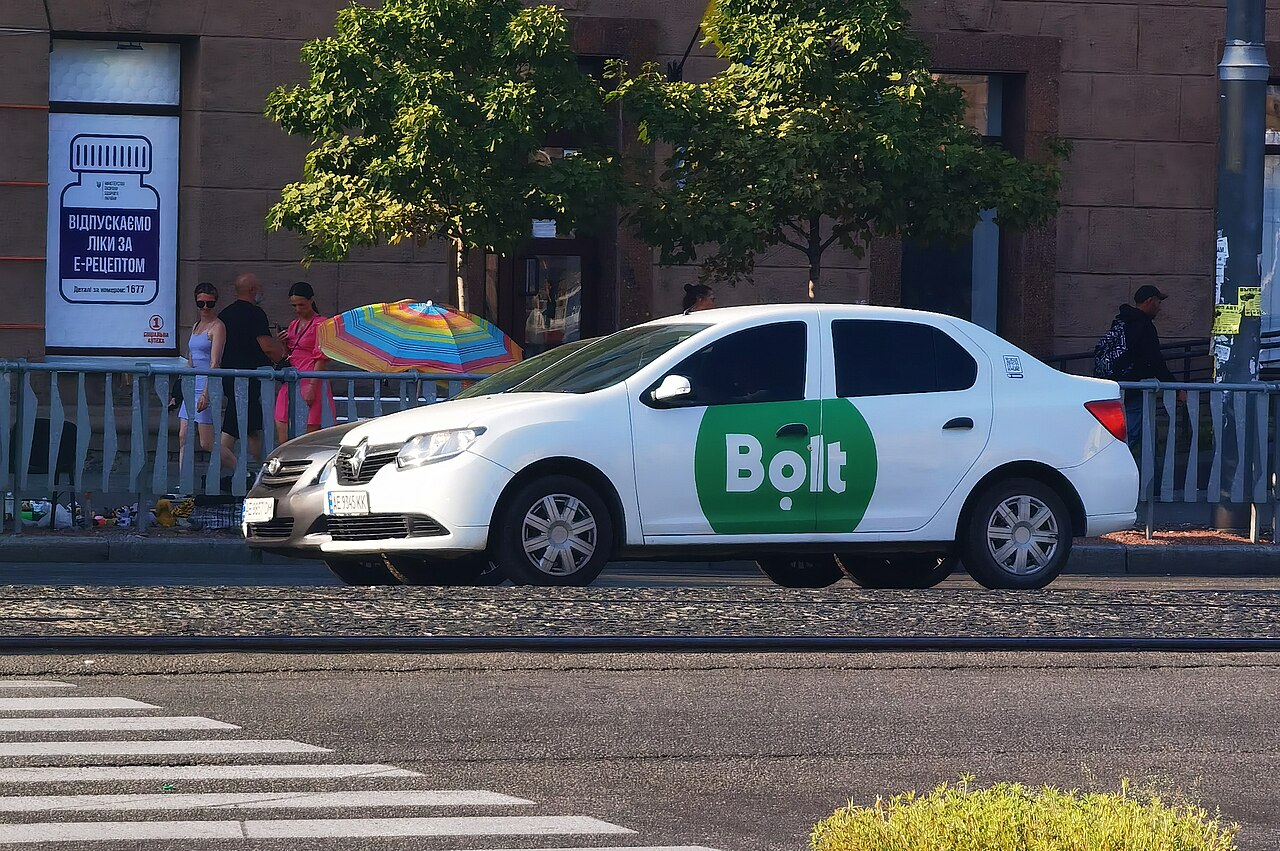In February, President Cyril Ramaphosa shared the story of Tintswalo, a child born in 1994, during his State of the Nation Address. He highlighted the progress made in reducing poverty since democracy dawned in South Africa. But this sparked a debate: Was Tintswalo just lucky?
Let’s dive into both sides of the argument.
On the one hand, Tintswalo grew up in a democratic era with access to better healthcare, education, and social services. She’s benefited from the government’s efforts to address poverty and inequality. The poverty rate has somewhat declined, and more people can access basic services like electricity and water. This is a significant improvement from the apartheid era, where access to basic services was denied to many Black South Africans.
On the other hand, Tintswalo faces some harsh realities. South Africa remains one of the most unequal countries globally, with high unemployment rates and poverty still rampant. Her generation is burdened with a 70% chance of being unemployed, and she faces a 50% chance of living below the poverty line. The Democratic Alliance (DA) leader, John Steenhuisen, argues that the African National Congress (ANC) has failed to deliver on its promises, leaving Tintswalo’s hopes and dreams unfulfilled.
The truth is that Tintswalo’s story is complex. She’s lucky to have grown up in a democratic era. Still, she’s also unlucky to face systemic issues like inadequate education, a struggling healthcare system, and political instability. The education system, though improved, still struggles with inadequate resources, overcrowded classrooms, and a curriculum that doesn’t prepare students for the modern job market. The healthcare system faces challenges, including long waiting times, inadequate facilities, and a shortage of skilled healthcare professionals.
Moreover, Tintswalo’s generation is grappling with the consequences of state capture, corruption, and political instability, which have eroded trust in institutions and undermined economic growth. The country’s economy has stagnated, and the rand has depreciated, making it harder for Tintswalo to access necessities like food and shelter.
Despite these challenges, some argue that Tintswalo is lucky to have grown up in a democratic era, where she has the right to vote, freedom of speech, and access to information. She can participate in shaping the country’s future and hold leaders accountable for their actions.
However, this optimism must be tempered with a dose of reality. Tintswalo’s generation is facing unprecedented challenges, and it’s crucial to acknowledge them. We need to address the issues plaguing our country, from education to economic growth.
After the SONA, the youth responded with mixed reactions.
So, what can we do to change Tintswalo’s story? We need to invest in quality education, healthcare, and social services. We need to create jobs and stimulate economic growth. We must hold our leaders accountable for their actions and ensure they deliver on their promises. We must address the root causes of poverty and inequality rather than just treating the symptoms.
Only then can we say that Tintswalo is truly lucky to live in a democratic South Africa.
Tintswalo’s story forms the basis of a new series by the acclaimed current affairs show The Big Debate, starting this month. Each episode will examine South Africa’s thirty years of democracy—where it has delivered and where it has fallen woefully short. /explain/ is thrilled to be partnering with The Big Debate to cover the series as it unpacks these issues. Stay tuned for more.




